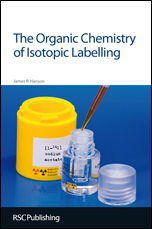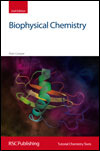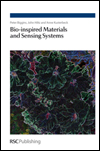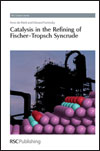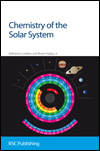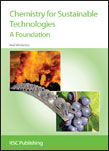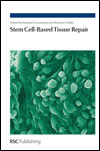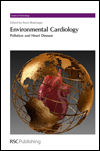
Now Published in the Issues in Toxicology Series
Environmental Cardiology: Pollution and Heart Disease
Edited by Aruni Bhatnagar, University of Louisville, USA
The first landmark publication to provide a comprehensive multidisciplinary review on the emerging field of environmental cardiology and current research linking pollutant exposure to heart disease. The book begins with an introductory chapter on the environmental basis of cardiovascular disease and the role of the environment in evolution. It provides a new classification for the different categories of the human environment and provides and in-depth analysis of the role of the natural, social and personal environments in modifying and transmitting the risk for heart disease. Subsequent chapters discuss how exposure to particular air pollutants, vehicular exhaust, manufactured nanoparticles and pollutants such as metals, arsenic and environmental aldehydes affect the risk of developing cardiovascular disease. Both experimental and epidemiological evidence are discussed as well as the impact of exposure to air pollution on hypertension, atherogenesis, ischemic heart disease and heart failure.
The book is essential reading for cardiologists, epidemiologists, urban planners and pollution control specialists.
http://www.rsc.org/shop/books/2010/9781849730051.asp
Comments Off on Environmental Cardiology
